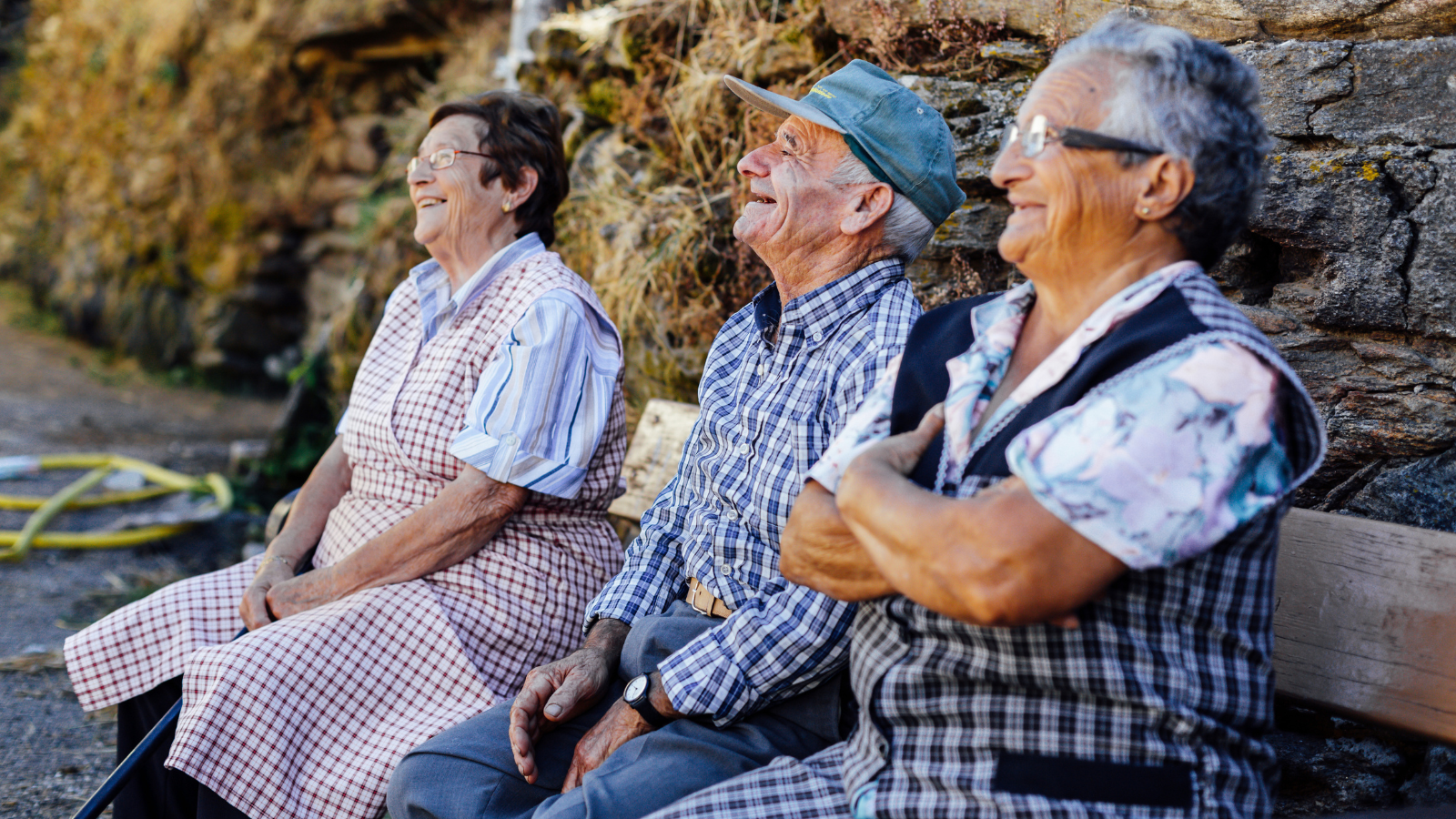
People who live beyond the age of one hundred have low blood levels of glucose, creatinine, and uric acid. This is the conclusion of a study led by researchers from the Central Catalonia Research Support Unit of the Jordi Gol Institute for Primary Care Research (IDIAPJGol) and the Catalan Health Institute in Central Catalonia, as well as the Research Group in Statistics, Econometrics and Health (GRECS) of the University of Girona (UdG). The study compares the blood biomarkers of long-lived individuals over one hundred years old with those who did not reach that age. Still, the authors, in their article published in Biogerontology, point out that blood biomarkers explain only part of the phenomenon, and that social as well as biological factors must also be considered.
The results show that certain intermediate values of ferritin and cholesterol, along with low levels of glucose, creatinine, and uric acid, are associated with a higher likelihood of surpassing one hundred years. The researchers also emphasize the key role of maintaining good glucose control, both fasting and through glycated hemoglobin (HbA1c), as a crucial indicator for survival at very advanced ages.
Evidence of the role of social context
However, the researchers stress that biological factors alone are not enough to explain longevity. The study shows that many centenarians came from socioeconomically disadvantaged backgrounds: 24% of the centenarians analyzed were exempt from healthcare co-payment—a poverty indicator—compared to only 3.8% of the non-centenarians.
In addition, a significant proportion of the centenarians studied lived in urban areas with high levels of inequality: nearly 30% resided in areas with high Gini index scores—a measure of income inequality. Despite these adverse conditions, these individuals achieved exceptional longevity thanks to factors such as biological resilience, community environment, or a healthy lifestyle.
During the COVID-19 pandemic, it was observed that people whose biomarkers improved had a greater chance of living longer, reinforcing the hypothesis of possible biological and social resilience.
This is the first study to analyze the relationship between changes in biomarkers and longevity during the pandemic, while also incorporating both individual-level and contextual data to control for potential confounding factors.
IDIAPJGol and GRECS (UdG) researcher Manuel A. Moreno, lead author of the study, emphasizes that “longevity doesn’t depend only on clinical values, but also on the environment we live in and how we adapt to it. It’s a multifactorial process combining biology, behavior, and social conditions.”
Study reference
Moreno MA, Vidal-Alaball J, Saez M, Barceló MA. Blood-based biomarkers in centenarians and non-centenarians: a matched, population-based retrospective cohort study using primary care records in Catalonia, Spain. Biogerontology. 2025 May 26;26(3):115. doi: 10.1007/s10522-025-10258-3. PMID: 40418402; PMCID: PMC12106579.